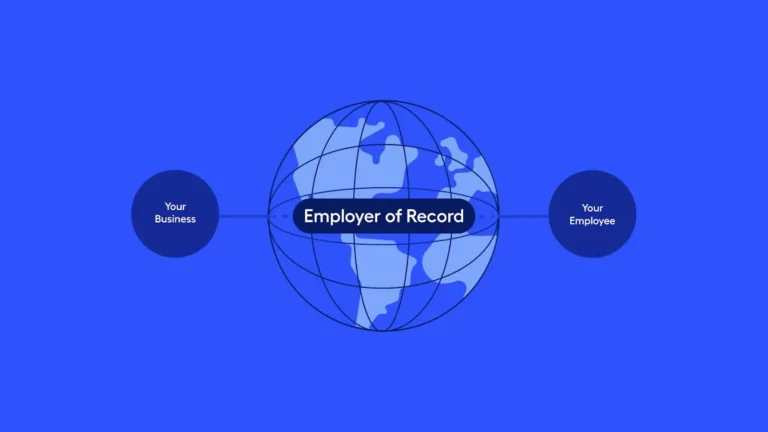Employer payroll taxes
What are Employer Payroll Taxes?
Employer payroll taxes are taxes that employers are required to pay on behalf of their employees, based on the wages they pay out. These taxes include contributions to Social Security, Medicare, and federal and state unemployment taxes. Payroll taxes are a fundamental aspect of employment law and fiscal policy, ensuring funding for vital social programs and state functions.
Responsibilities and Calculations
Employers are responsible for accurately calculating, withholding, and remitting payroll taxes to the appropriate federal and state authorities. This process involves determining the correct amount of taxes to withhold from employee wages and the employer’s tax contributions, based on current tax rates and legislation. Employers must also keep detailed records of wages, taxes withheld, and taxes paid.
Importance and Benefits
Compliance with payroll tax laws is crucial for both legal and ethical reasons. Proper management of payroll taxes ensures that employees contribute appropriately to public funds and receive benefits such as Social Security and Medicare upon eligibility. For employers, diligent compliance avoids legal penalties, fines, and damage to reputation. Furthermore, it contributes to the overall economic health of society by funding essential public services.
Challenges and Compliance Tips
Managing payroll taxes can be complex due to changing tax laws, varying state requirements, and the specifics of different wage types. To maintain compliance, employers should use accurate payroll systems, stay informed about tax law updates, and consult with tax professionals if necessary. Regular audits and checks can help prevent errors in tax calculations and payments.
Strategic Importance
Strategically, effective management of payroll taxes is essential for maintaining financial stability and corporate integrity. It helps employers avoid costly legal issues and ensures a trustworthy relationship with employees and the government. Additionally, proper handling of payroll taxes supports a fair and functioning labour market, contributing to a stable economic environment.
Employer of Record Platform
Build your global team in 150+ countries with our best-in-class EOR




